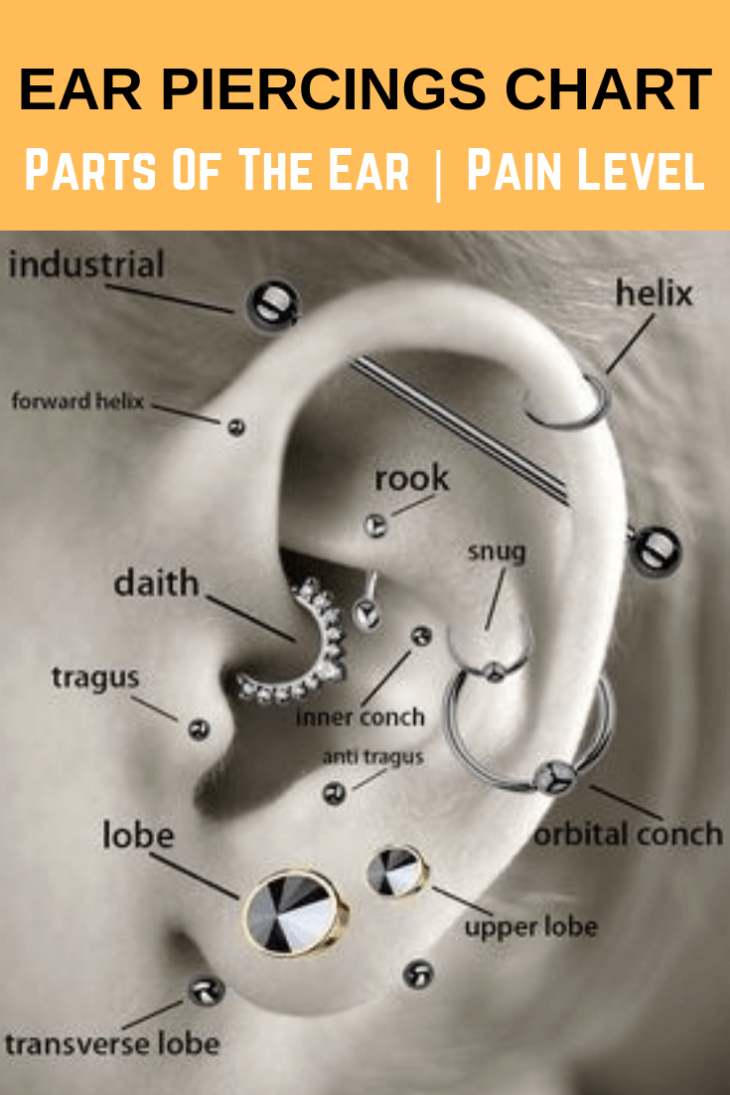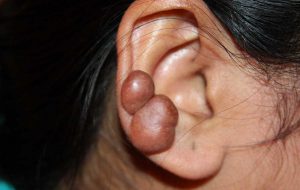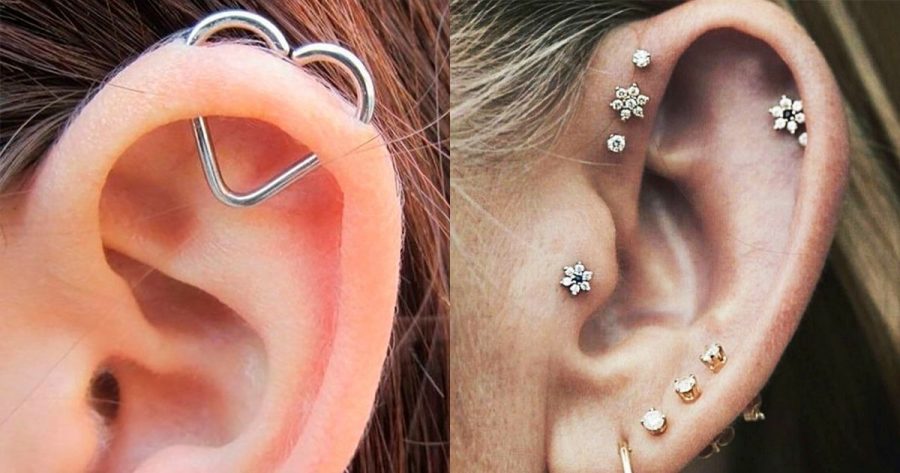Why you shouldn’t do a piercing on your own
Ever thought of doing a piercing on your own? There are many risks and here’s why piercings should never be done at home.
Whether it is to save money, to avoid the need for parent permission, or to feel the adrenaline rush, some people would rather do a piercing at home than go to a professional. But home piercings can be risky. Most people do not have the right equipment: sterilized needles that are sharp enough to cleanly pierce without damaging the tissue.

 Professionals are trained and knowledgeable about what they are doing. There are different needles and techniques depending on the part of the body being pierced. Certain angles can make a piercing hurt less, and clean instruments are important to avoid infection. Infections may need to be treated with antibiotics, and some piercings in unsanitary conditions even resulted in hepatitis.
Professionals are trained and knowledgeable about what they are doing. There are different needles and techniques depending on the part of the body being pierced. Certain angles can make a piercing hurt less, and clean instruments are important to avoid infection. Infections may need to be treated with antibiotics, and some piercings in unsanitary conditions even resulted in hepatitis.
MayoClinic says that states have regulation requirements and licensing standards to make sure proper health and safety standards are in place. This includes the piercer wearing gloves, the use of a fresh, sterile, disposable needle, the use of a heat-sterilization machine (autoclave), and the use of hypoallergenic (stainless steel, titanium, niobium, 14- or 18-karat gold) jewelry.
When most people do a piercing on their own, they just put an earring in without using a needle. This is more painful and slower. There is a chance the earring will not penetrate on the first attempt, and this can cause damage to the skin or cartilage.
 According to Youngwomenshealth, even with a correctly-done professional piercing, the cleaning process will take around four months to a year depending on the piercing. For example, the industrial piercing is the most painful piercing to get on the ear; it takes close to a year to fully heal. When done incorrectly, these high ear piercings through the ear cartilage are “associated with more serious infections and disfigurement” says the American Academy of Family Physicians.
According to Youngwomenshealth, even with a correctly-done professional piercing, the cleaning process will take around four months to a year depending on the piercing. For example, the industrial piercing is the most painful piercing to get on the ear; it takes close to a year to fully heal. When done incorrectly, these high ear piercings through the ear cartilage are “associated with more serious infections and disfigurement” says the American Academy of Family Physicians.
In addition to getting piercings done by someone who is trained to do so safely, someone should be prepared to care for and clean the piercing afterwards. Piercings should be cleaned with antibacterial solution and saline solutions two times a day until the the piercing is fully-healed. The earrings should also be rotated daily with clean and dry hands to avoid the skin attaching to it. People should avoid touching piercings and should keep anything that comes in contact with it (like hats, pillowcases, or bedding) clean, too.
Piercings can be a fun way to show style and individuality, but always go to a professional. There are less risks, and the care and healing process will go much more smoothly.







